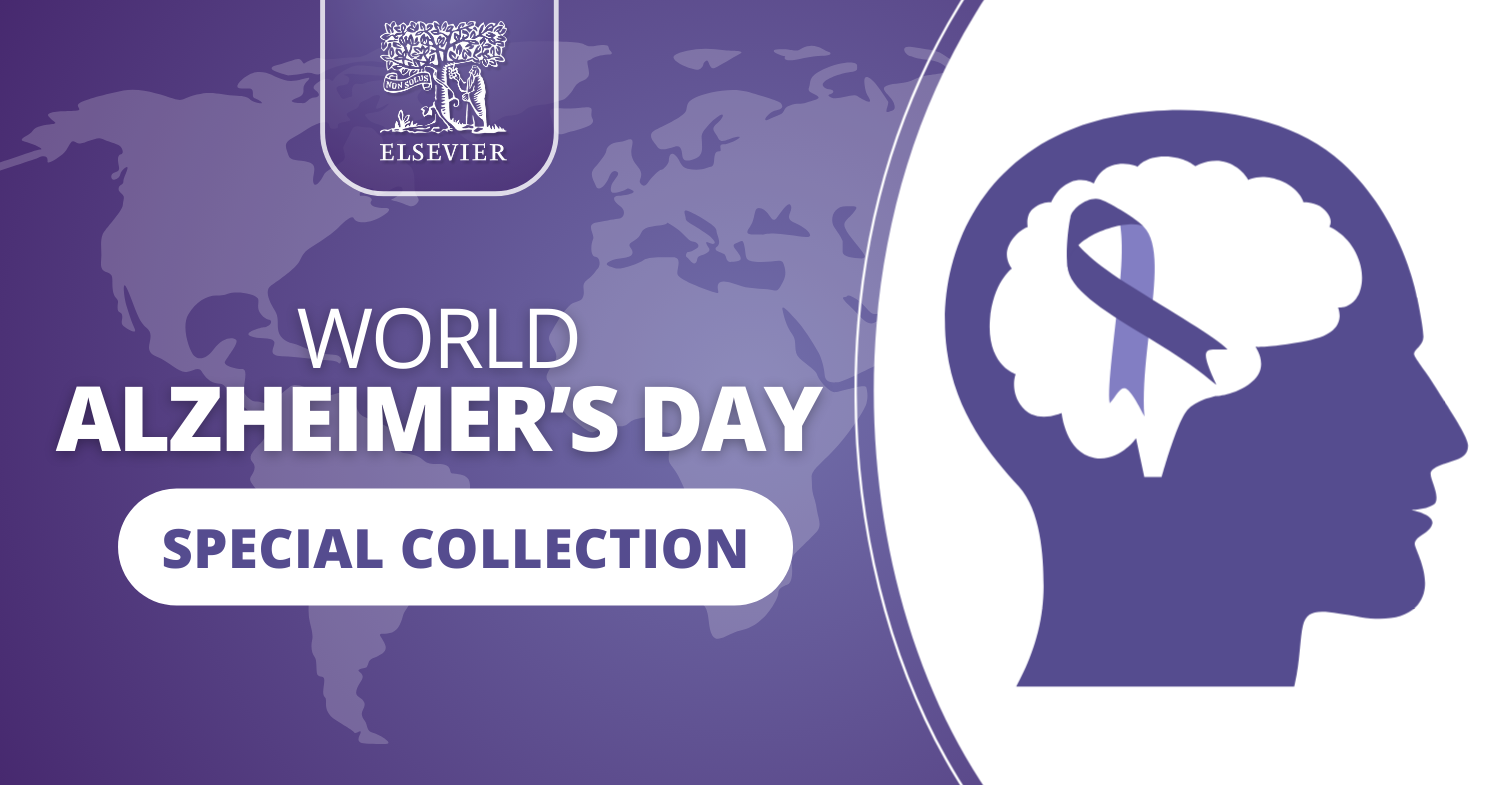World Alzheimer's Day, observed every year on September 21st, is an international campaign to raise awareness and challenge the stigma surrounding Alzheimer's disease and other forms of dementia. With over 50 million people worldwide living with dementia and millions more being diagnosed every year, it is crucial to improve public understanding and provide support for those affected. In this article, we will discuss the significance of World Alzheimer's Day and share ways you can get involved to make a difference.
Journal of the Society for Cardiovascular Angiography and Interventions, Volume 4, September 2025
Nawal Noshad, Suhaib Umer Ilyas, Shwetank Krishna, Serene Sow Mun Lock, Syahrir Ridha, Chapter 9 - Case studies in decarbonization of the petroleum industry, Editor(s): Sunil Kumar, Achinta Bera, Decarbonizing the Petroleum Industry, Elsevier, 2026, Pages 325-348
This chapter supports UN SDG 17 by highlighting collaborative decarbonization efforts among global petroleum companies, emphasizing the role of partnerships in achieving sustainability.
Meeting SDGs in Smart City Infrastructures, Federation, Interoperability, and Discoverability, Smart Cities, 2026, Pages 151-189
This chapter supports UN SDGs 11, 7, and 3 by discussing how AI can improve various aspects of urban planning, transportation, public safety, and environmental management to create more livable and sustainable cities; highlighting AI as a key enabler for optimizing energy distribution, identifying areas for conservation, and integrating renewable energy sources to help cities achieve climate-neutrality goals; and explaining how AI can enhance healthcare services through personalized monitoring, diagnosis, and treatment, as well as improve access to basic healthcare for citizens.
Ramesh K. Guduru, Neha Tiwari, Jigar Mali, Chapter 3 - Decarbonization technologies and strategies, Editors: Sunil Kumar, Achinta Bera, Decarbonizing the Petroleum Industry, Elsevier, 2026, Pages 85-130.
This chapter supports UN SDG 13, Climate Action. The chapter's focuses on technologies like CCUS and renewable energy integration that directly reduce greenhouse gas emissions in the petroleum sector.
This content aligns with SDG 3 and 12: This chapter discusses the potential use of microorganisms (bacteria, microalgae, and zooplankton) to substitute high value foods such as fish meal, fish oil, and plant-based supplements.

